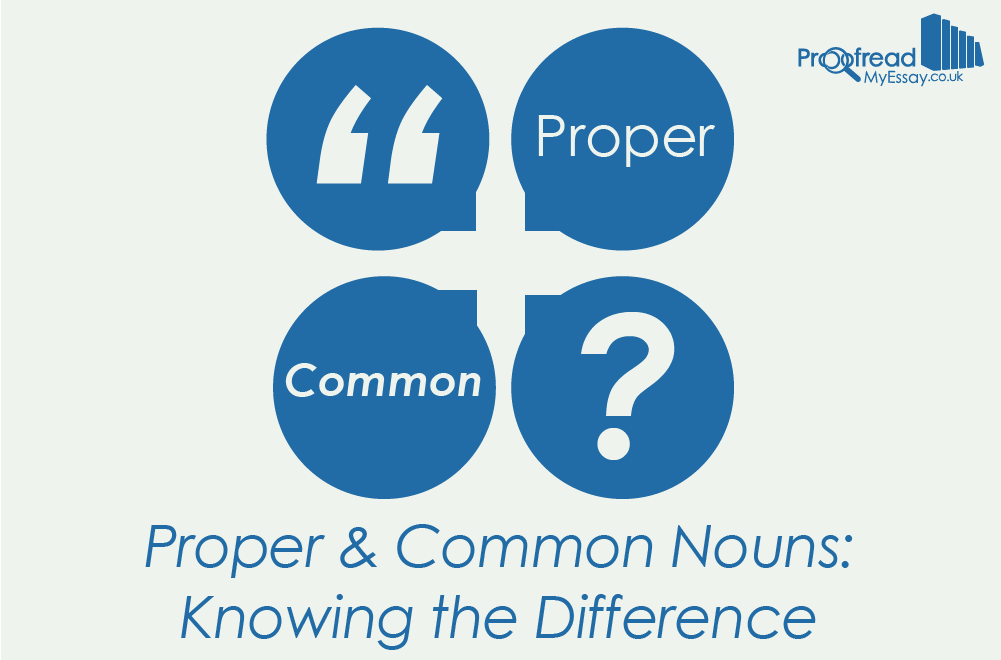The way we describe language is sometimes confusing. Even people who’ve spoken English their entire lives, for instance, may struggle to explain the difference between ‘proper’ and ‘common’ nouns.
Nevertheless, this distinction is worth knowing, as it tells you when you should capitalise a word and helps ensure your written work is at a high standard.
Common Nouns
A common noun is a generic naming word used to identify a person, place or thing. Common nouns can refer to multiple examples of the same thing.
For instance, Snoopy and Gnasher can both be described as ‘cartoons’ and ‘dogs’, as the terms ‘cartoon’ and ‘dog’ are common nouns applicable to any cartoon or dog.
Common nouns therefore designate a class of things rather than specific entities. They can be used abstractly (e.g. to discuss cats and dogs in general):
I like dogs, but I don’t like cats.
Or to identify something as an example of the common noun (e.g. a particular dog or cat):
I like my dog, but I don’t like the cat next door.
Common nouns include everything from objects and actions to ideas and emotions. The one thing they have in common is they’re only capitalised at the beginning of a sentence (or sometimes as part of a title):
Milk is high in calcium.
In the above, the common noun ‘Milk’ is capitalised because it’s at the start of the sentence, while and ‘calcium’ (also a common noun) is lower case.
Proper Nouns
Proper nouns are also naming words, but refer to specific entities rather than generic types. The proper nouns ‘Snoopy’ and ‘Gnasher’, for instance, name specific cartoon dogs, so we wouldn’t use ‘Snoopy’ or ‘Gnasher’ to refer to another cartoon dog or cartoon dogs in general.
As well as fictional hounds, proper nouns include planets, brands, people, countries, concepts and many other things, though each one always names a distinct thing (so ‘Germany’ is a proper noun that names a specific country, and ‘Superman’ names a particular superhero).
Unlike common nouns, proper nouns are always capitalised, no matter where they appear in a sentence:
I wish there was a German version of Superman.
Find this useful?
Subscribe to our newsletter and get writing tips from our editors straight to your inbox.
In the above, ‘German’ and ‘Superman’ are both capitalised because they’re proper nouns.
Common and Proper Nouns
Many proper nouns have a common noun equivalent. Below, we provide a few examples of common nouns alongside proper-noun examples (e.g. the proper noun ‘Zeus’ is paired with the common noun ‘god’ because Zeus was an ancient Greek god):
|
Common Noun |
Proper Nouns |
|
god |
God, Zeus, Quetzalcoatl |
|
dog |
Gnasher, Snoopy, Clifford the Big Red Dog |
|
city |
London, Paris, New York |
|
football club |
Norwich City, Aston Villa, West Ham United |
|
rock star |
David Bowie, Iggy Pop, Lou Reed |



